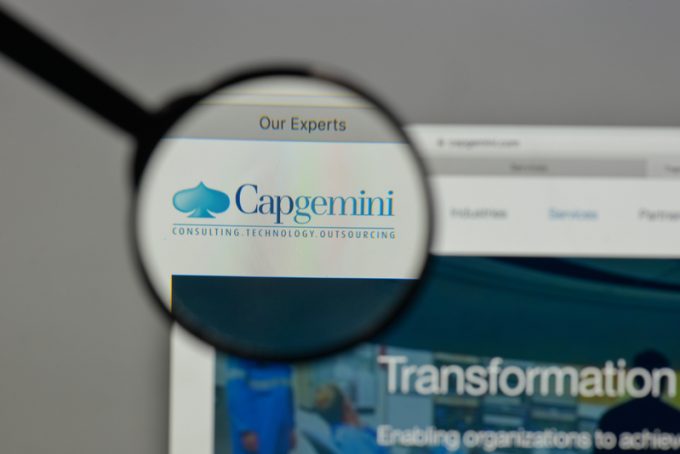M&A radar: 'Golden Gefco' sale – make it the last try
We have been here before, but we arrived via a different path.

Supply chains have undergone profound change over the past three years, but the transformation is far from complete.
According to a study by tech consultancy Capgemini there is a long road ahead for companies, including a sourcing reversal from global to regional locations.
It predicts a shift of 25% of global trade within three years; currently 57% of goods are sourced abroad, versus 43% domestically, which will switch to in-country accounting for 57% of procurement.
The disruptions that have shaken supply chains, and ...
Volcanic disruption at Anchorage could hit transpacific airfreight operations
Macron calls for ‘suspension’ – CMA CGM's $20bn US investment in doubt
De minimis exemption on shipments from China to the US will end in May
Forwarders stay cool as US 'liberation day' tariffs threaten 'global trade war'
Mixed response in US to 'Liberation Day', while China leads wave of retaliation
Tariffs and de minimis set air freight rates on a volatile course
Transpacific contract rates rise on Trump’s fickle policies
Trump tariffs see hundreds of cancelled container bookings a day from Asia

Comment on this article